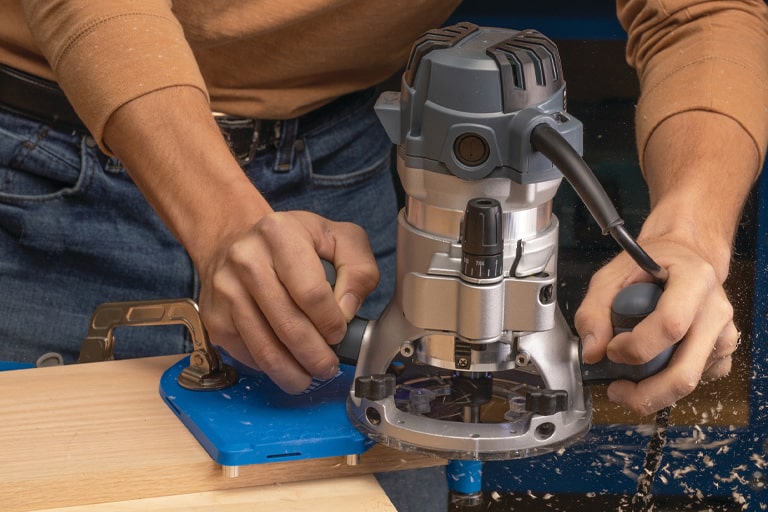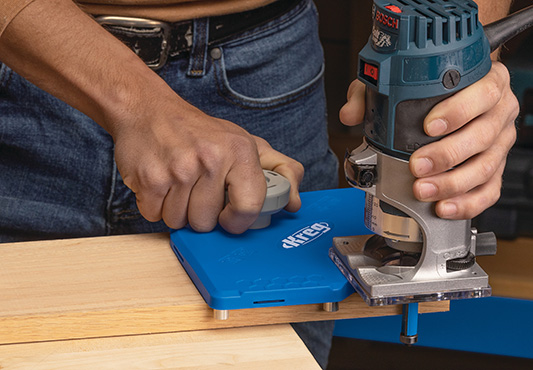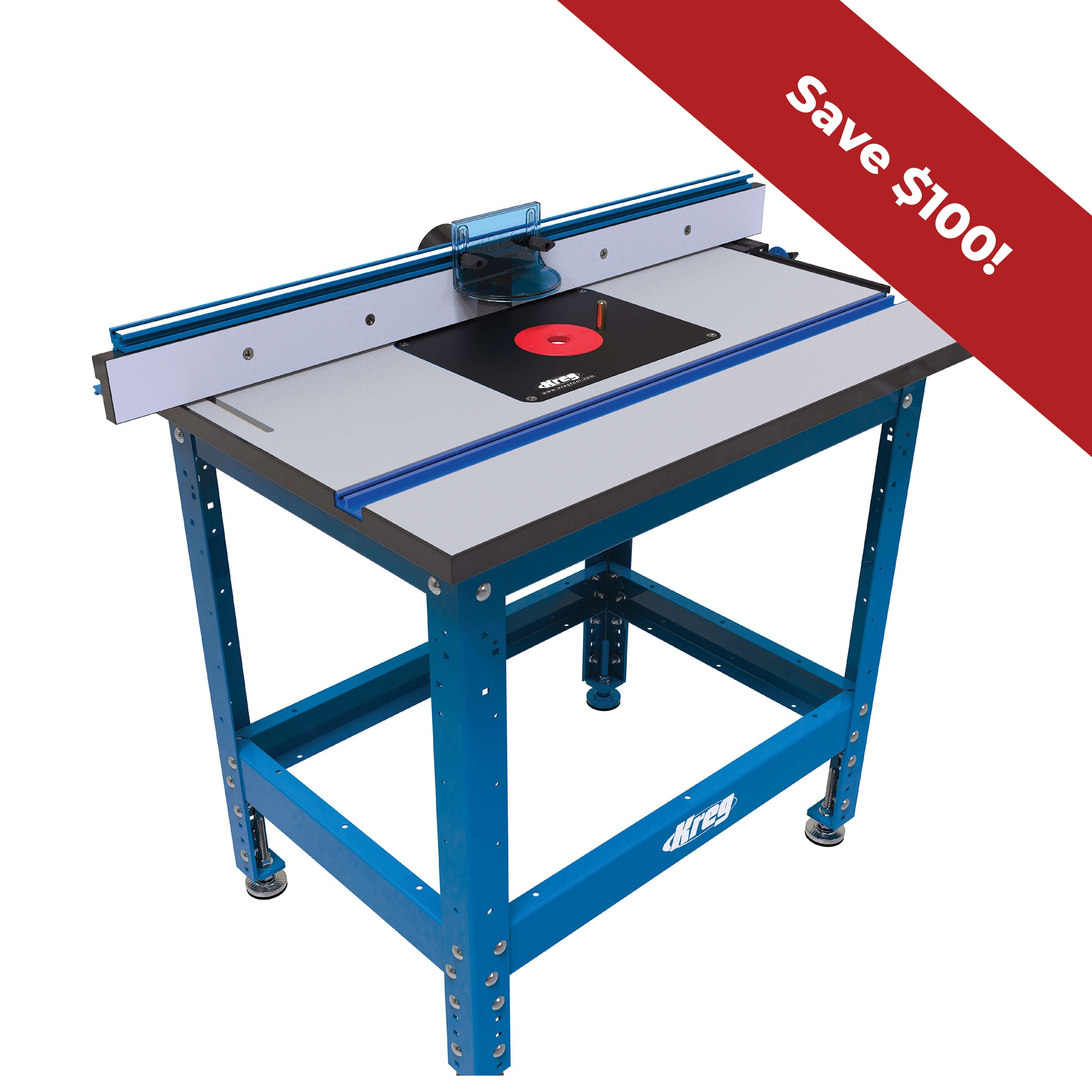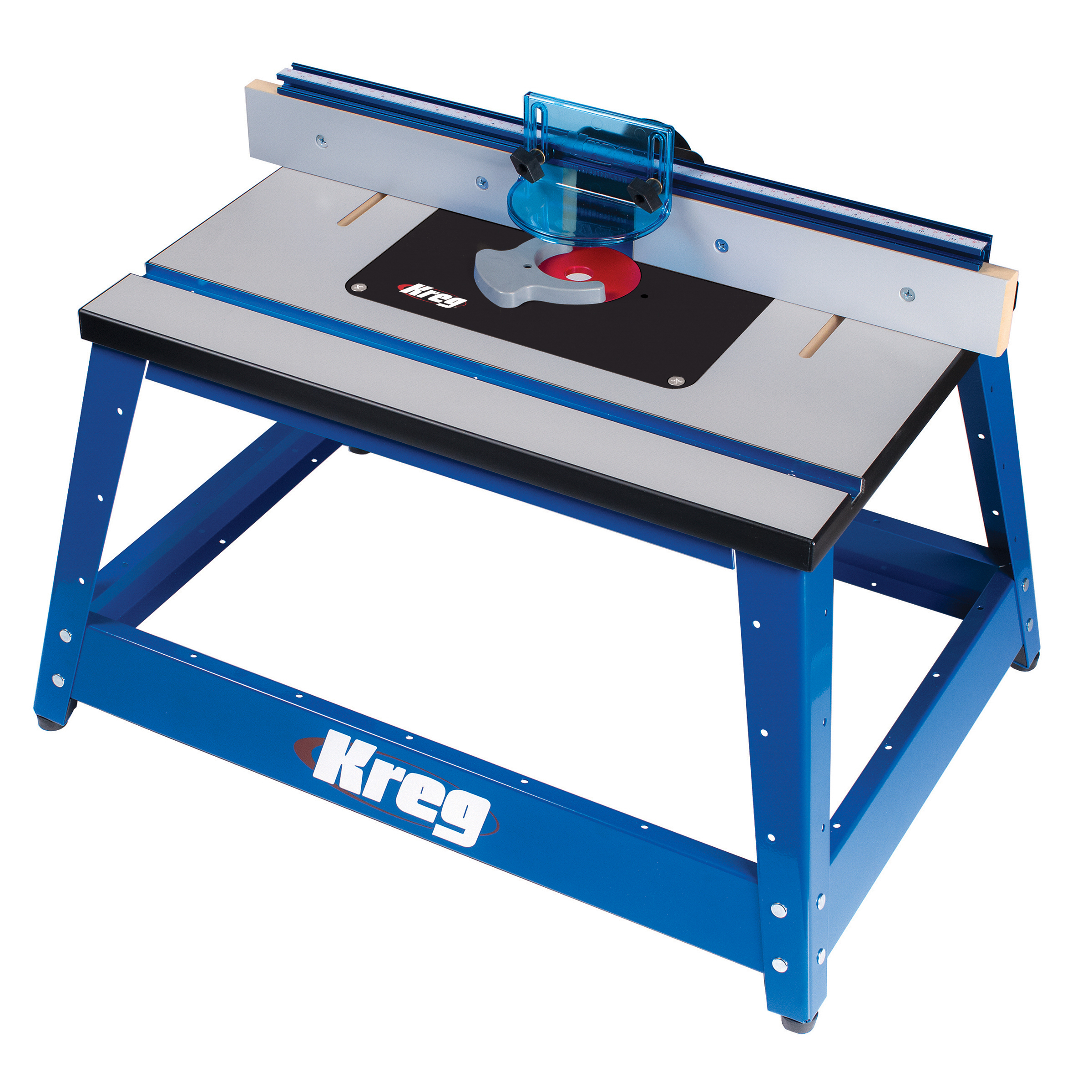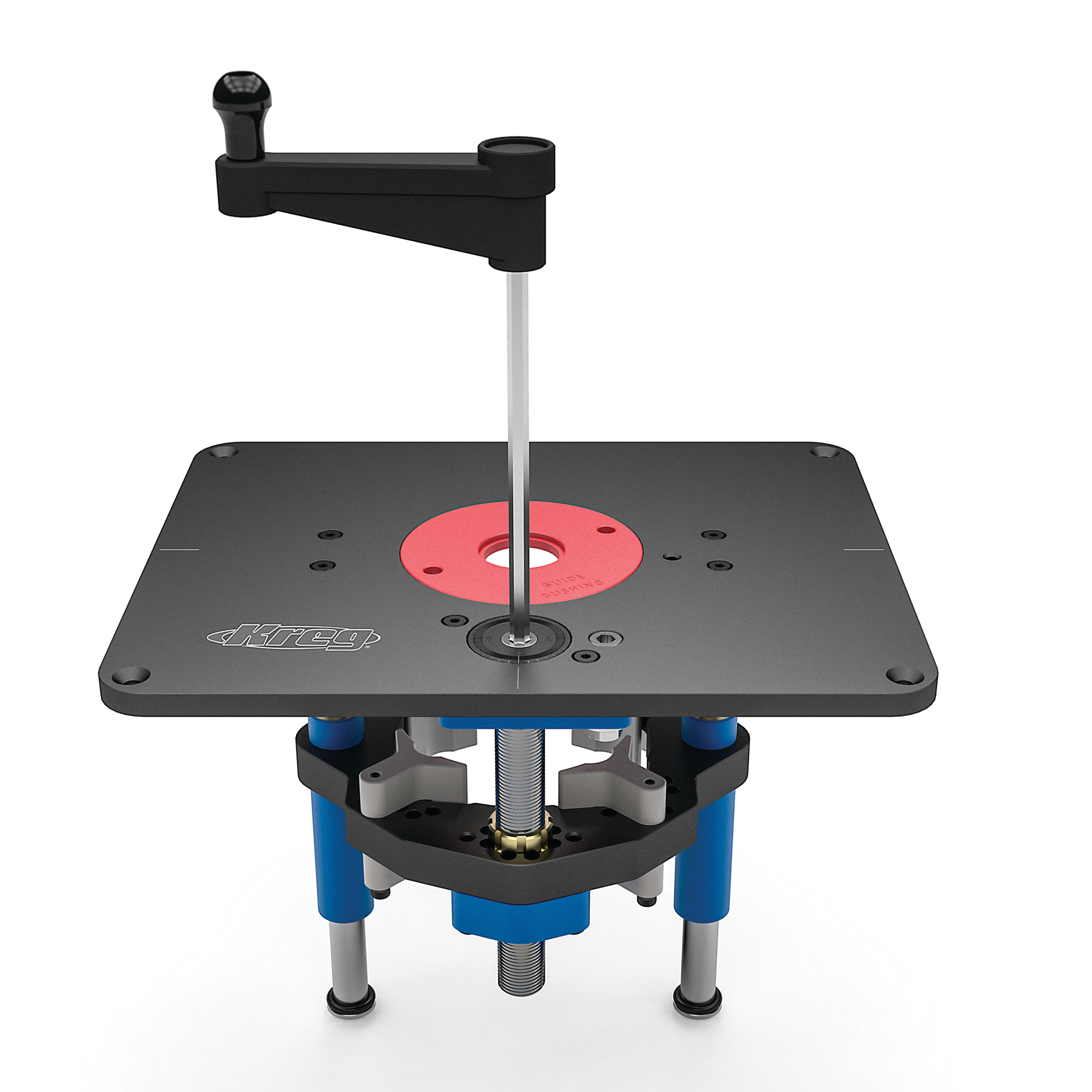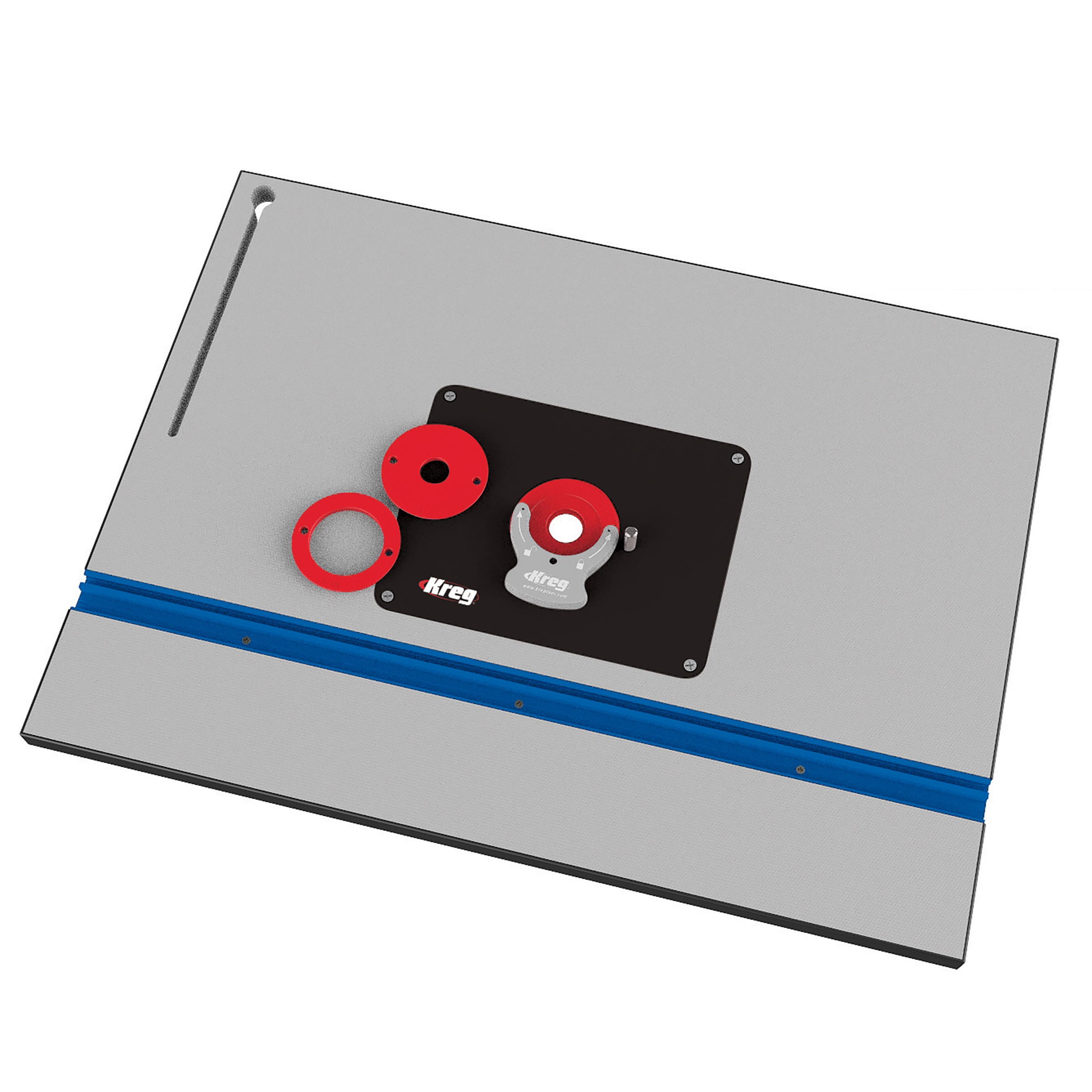With increased precision, safety, and versatility, router tables have become an essential tool for woodworking enthusiasts. Let’s take a look at the value of investing in a router table, the factors to consider when choosing one, different types available, essential features, sizing considerations, and whether you need a router table if you already own a router.
Is it worth buying a router table?
If you’re a passionate woodworker, investing in a router table can be a game-changer. A router table provides stability, control, and increased accuracy when working with a router.
You can tackle complex joinery, create intricate designs, and achieve consistent results, ultimately elevating the quality of your projects.
Check out this article on the top 5 things you can do with a router table.
How do I choose a router table?
Choosing the right router table requires careful consideration of several factors.
- Your woodworking needs and the type of projects you frequently undertake.
- Available space in your workshop or garage, as well as your budget.
- A reputable brand known for producing sturdy, reliable, and feature-rich router tables.
- Customer reviews and recommendations from fellow woodworkers to ensure you make an informed decision.
What are the different types of router tables?
There are several different types of router tables available to fit the diverse needs of woodworkers. Understanding the variations between these types can help you choose the right one for your projects. Here are the main types of router tables to consider:
Benchtop Router Tables
These compact tables are designed for small workshops or woodworkers with limited space. They can be easily placed on a workbench or sturdy table, providing a stable surface for routing operations.

Floor-Standing Router Tables
Offering stability and ample workspace, floor-standing router tables are larger and more robust than their benchtop counterparts. They often feature built-in storage, adjustable fences, and additional accessories. These tables are ideal for professional woodworkers or those handling larger projects.
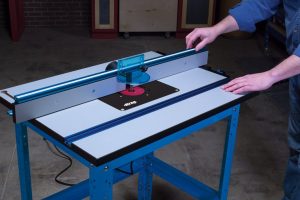
Portable Router Tables
As the name suggests, portable router tables are lightweight and designed for on-the-go woodworkers. They are easy to transport and offer quick setup, making them suitable for contractors or hobbyists who need mobility.
Extension Router Tables
Extension router tables are typically used in conjunction with table saws. They attach to the side or rear of the table saw, providing an extended surface for routing operations. This type of router table is perfect for saving space in a workshop with limited room.
What are the features of a good router table?
When searching for a router table, it’s important to consider the essential features that make it a valuable addition to your woodworking arsenal. Here are the key features to look for when choosing a good router table:
Sturdy Construction:
A high-quality router table is built with sturdy materials, ensuring stability and durability. Look for tables made of solid and rigid materials that provide a solid foundation for precise routing.
Flat and Level Surface:
The table’s surface should be flat and level to ensure accurate and consistent routing results. Imperfections or warping on the surface can compromise the quality of your work.
Adjustable Fence System:
A good router table should have an adjustable fence that allows you to position and secure your workpiece precisely. Look for a fence that can be easily adjusted for different routing operations and offers secure locking mechanisms for stability.
Dust Collection System:
Routing generates a significant amount of sawdust, which can hinder visibility and affect the longevity of your router. A router table with an efficient dust collection system helps maintain a clean working environment and extends the life of your equipment.
Compatibility with Accessories:
Many routers are compatible with a wide range of accessories such as miter gauges, featherboards, or router lifts that allow you to tackle a variety of woodworking tasks.
What size router table do I need?
Choosing the right size router table depends on your projects and space. Consider the size of the materials you typically work with and ensure the router table can accommodate them comfortably.
A larger table offers more flexibility, while a smaller one is suitable for compact workshops or specific projects.
Do I need a router table if I have a router?
While a router can perform numerous tasks on its own, a router table adds even more versatility. It provides stability and precision that are difficult to achieve when working with a handheld router alone.
A router table also allows for more complex joinery, such as making precise dadoes, grooves, and intricate moldings.
Should I get a handheld router or router table?
A handheld router is more portable and versatile, suitable for tasks that require mobility or working on irregularly shaped pieces. On the other hand, a router table excels in providing stability, control, and enhanced precision for larger projects or when working with small pieces.
The bottom line is that you should consider your specific needs and the type of projects you undertake most frequently to make an informed decision when looking at routers and router tables.

